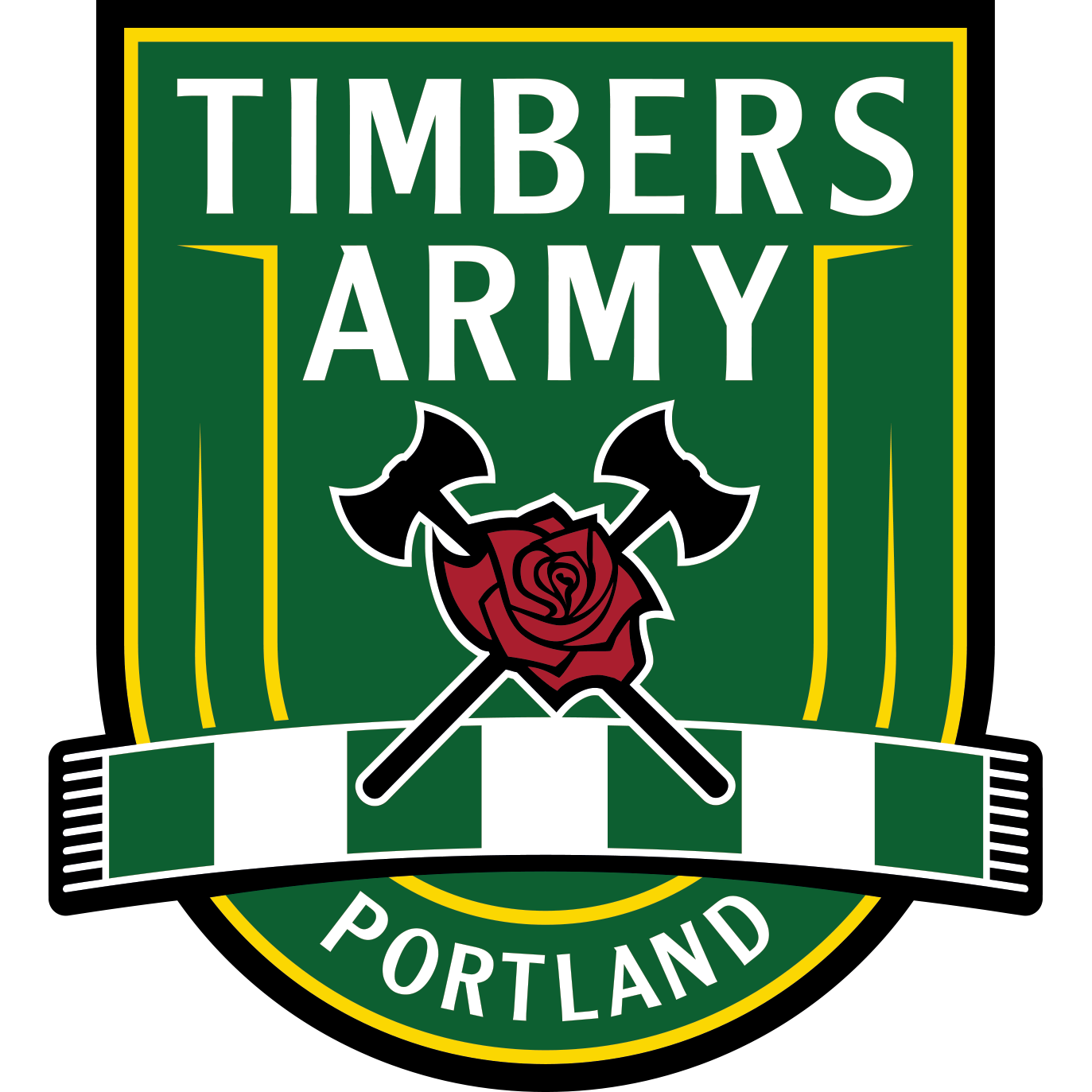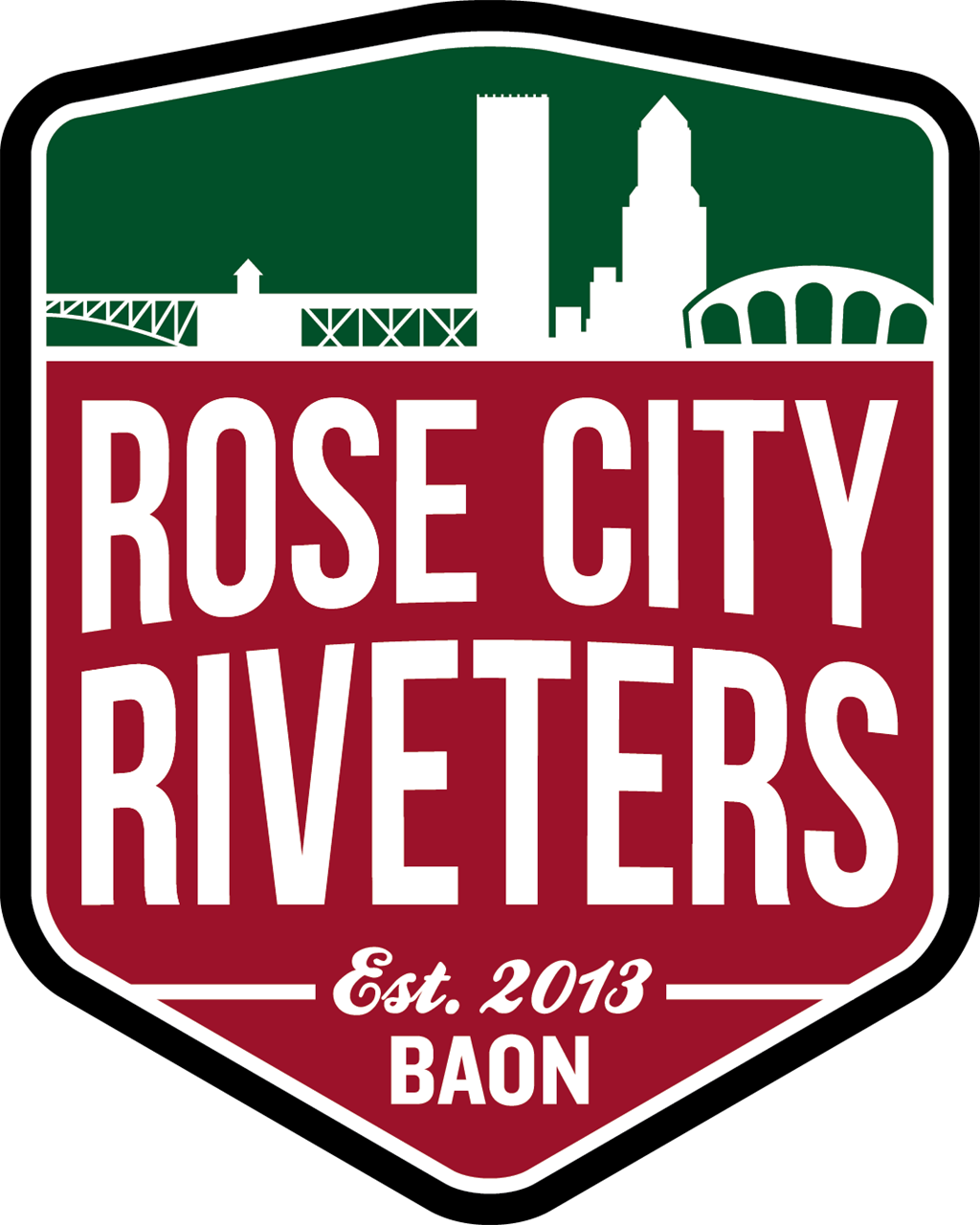—by Chris Rifer
It’s become a dog whistle here in Portland. It’s the one subject that, once sounded, neither journalist nor supporter can resist. Penalties.
And on some level for good reason. There is no call in major sports that has such an impact on a game as a penalty kick. Considering the scarcity of goals in a typical soccer game and the golden opportunity that a spot kick provides to notch one of those cherished tallies, it’s no surprise that so much attention is paid to referees’ decisions concerning penalties.
And then there’s the statistic. Yeah, the one that everybody has been talking about.
Eight-to-zero.
The Timbers have conceded eight penalties in 2014 and been awarded none. The eight penalties conceded in the Timbers’ first 14 games are on pace for a total of 19 penalties, a number that would likely shatter the MLS record.[1]
But before drawing conclusions about that top-sheet statistic, it’s incumbent on any fair analysis to look at the decisions that have brought the Timbers to this point. Accordingly, below, I rate each of the Timbers’ penalties conceded as well as the plays on which there is a genuine argument the Timbers should have been awarded a penalty.
Penalties Conceded
March 16, 2014 – Timbers v. Chicago Fire, 19' – Early in this one Quincy Amarikwa latched onto the end of a long ball from Bakary Soumare in the box before abruptly cutting off his run, causing a recovering Norberto Paparatto to run over him from behind. The contact was clear, so the only argument was that Amarikwa drew unnecessary contact hoping to get a penalty. Frankly, however, that’s not a great argument. The foul was clear and its effect on the play was significant as Amarikwa was in full control. Verdict: Correct.
March 22, 2014 – Timbers @ Colorado Rapids, 68’ – The Timbers were undone by another long ball forward in their next outing, as Dillon Powers sent a ball toward the box for Deshorn Brown. The ball skipped away from Brown, however, and looked to be ripe for Donovan Ricketts to make a play. Ricketts missed the ball, however, and put his boot into Brown’ thigh, yielding a penalty and red card. The only argument against – made by a small minority, including myself – is that Brown himself was coming in with a hopeless, dangerous, studs-up challenge and that it was Brown’s own recklessness that may have caused Ricketts to miss the ball while bracing for the collision. The clear majority rules for this purpose, however. Verdict: Correct.
March 22, 2014 – Timbers @ Colorado Rapids, 74’ – The Timbers defense made a mess of this one. After Powers, with multiple Timbers defenders strewn in his wake, played Vicente Sanchez into the box, Sanchez slid the ball away from the onrushing Andrew Weber. Weber grasped at air, but caught the boot-dragging Sanchez, sending the Uruguayan into the sort of spinning, tumbling fall normally reserved for taking a shell in Mario Kart. Again, Sanchez did everything he could to draw the contact, and his touch wide of Weber may have carried the ball out in any event, but ultimately he was a player in possession that was clearly taken down by a goalkeeper without a play on the ball. Verdict: Soft, but Correct.
April 5, 2014 – Timbers v. Seattle Sounders, 86’ – Perhaps the easiest, if most painful, of the bunch. After Obafemi Martins slipped the ball into the box for DeAndre Yeldin, a late-reacting Ben Zemanski clearly took the young American international down in the box. No legitimate argument against. Verdict: Correct.
May 17, 2014 – Timbers v. Columbus Crew, 45+’ – A man down in first half stoppage time is not the time you want to be conceding a penalty, but that’s just what the Timbers did against Columbus. Futty lost track of Giancarlo Gonzalez on a corner, and in his desperation to regain positioning before Federico Higuain found him at the near post, Futty pulled Gonzalez down. While Gonzalez’s reputation for diving and dramatic tumble caused some initial doubts, the replay showed clear as day that Futty was guilty. Verdict: Correct.
May 24, 2014 – Timbers @ New York Red Bulls, 35’ – This one is a little bit more debatable. Yes, Lloyd Sam had position on Pa Modou Kah, and yes he definitely fell because of Kah’s challenge and the defender’s right arm draped around him. But Kah also looked to win the challenge fair-and-square regardless of the arm. Still, MLS referees pretty consistently point to the spot when they see an attacking player with good position go down with defenders’ arms draped all over them. It may have been soft, but similar calls are made so frequently in MLS that this has to be considered correct as a matter of law. Verdict: Soft, but Correct.
June 1, 2014 – Timbers v. Vancouver Whitecaps, 15’ – The less controversial of two given against Vancouver, Erik Hurtado took his acres of space in the Timbers defense and attacked the box, where a beaten Diego Chara chopped him down from behind. The initial camera angle from behind sort of looked like Chara may have won the ball, but replays revealed he really wasn’t even close. Verdict: Correct.
June 1, 2014 – Timbers v. Vancouver Whitecaps, 25’ – This is the call the Timbers probably have the biggest gripe with. After Sebastien Fernandez received a pass from Kekuta Manneh, Jorge Villafana stuck his foot in and got none of the ball. The question, however, is whether he got any of Villafana’s foot. The television feed is unclear, but another angle showed to some media members postgame made it look slightly more likely to be a dive than a foul. Given Fernadnez’s reputation, a dive certainly isn’t out of the question. In fairness, however, it must be pointed out that from referee Kevin Stott’s viewpoint, it certainly looks like a penalty. Verdict: Incorrect, but Understandable.
Thus, we can see the calls that have gone against the Timbers have generally been within the realm of reason. Yes, it appears Fernandez may have taken a dive on Sunday that would have been very difficult, if not impossible, for Stott to see. And yes, the Timbers have straight-faced arguments to make on a few others. But at the end of the day, none of the calls are shocking.
Moreover, as to the soft penalties, Opta reported that 49 penalties have yieded goals in 124 MLS games so far in 2014. In 2010, there were 48 PKs scored in 240 games. Thus, while the Timbers have been called for a few soft penalties, it appears they’re hardly alone in that respect.
The greater takeaway, however, is that all eight penalties have been fouls. None have been unlucky bounces that catch a hand in the wrong position. Rather, they’re all plausibly-called fouls in the box. In other words, they’re all at least substantially a product of sloppy and/or risky defense. And that’s the real takeaway here.
The Non-Calls
The other side of the coin is the penalties that haven’t gone the Timbers way. These, however, are notable in a couple respects.
May 17, 2014 – Timbers v. Columbus Crew, 80’ – After Diego Valeri found Jack Jewsbury on a long switch, Jewsbury’s touch took the ball into the box, but too far in front of him. But sloppy play from the Crew defense let Jack take the ball off of Tyson Wahl’s foot. In an effort to win the ball, Wahl lunged in late and flipped Jewsbury, but Will Johnson’s subsequent deflected strike found the back of the net for a momentary equalizer. The replay shows referee Jose Carlos Rivero taking steps toward the spot before Johnson’s strike finds goal, indicating if Johnson had missed, a penalty was probably forthcoming. In any event, swallowing the whistle and letting the goal stand was obviously appropriate. Verdict: Correct.
May 24, 2014 – Timbers @ New York Red Bulls, 74’ – Unlike the penalty against Vancouver, Villafana was on the better side of things in New York, as his dangerous cross bounced off a few bodies in the box and found Maxi Urruti at the backpost, where the on-form Argentine striker put home the winner. Among those deflections in the box, however, the ball hit the outstretched arm of Armando. It’s unclear from the replay whether referee Drew Fischer was preparing to call the handball – Will Johnson and Steve Zakuani were giving it a shout – but regardless of what the referee would have done, considering the goal occurred in any event, the correct thing to do was swallow the whistle. Verdict: Correct.
June 1, 2014 – Timbers v. Vancouver Whitecaps, 31’ – Here is where Stott got himself in trouble on Sunday.[2] After Urruti laid a ball off to Valeri, Matias Laba either committed a foul from behind or made a truly remarkable tackle. On replay, it’s awfully close. It looks like Laba gets his foot to the ball at about the same time as Valeri, but it also looks like that may be because he clipped Valeri’s shooting heel on the way. Under normal circumstances, this is a 50-50 call that the Timbers could justifiably feel unlucky, but not aggrieved to be denied. But considering Stott had blown for two penalties – including one that appears very questionable – for Vancouver already, he was wrong not to give a similarly close call to the Timbers. Verdict: Incorrect.
But, as noted above, the Timbers’ unrequited penalty shouts are remarkable in two ways. First, in their scarcity and futility. As best I can recall – and as affirmed by consultations with a few other close Timbers watchers – these three plays are the only ones this season in which the Timbers have had a decent argument for a penalty. And on two of those plays the Timbers scored, mooting the point.
The other thing those three penalty shouts have in common is that they’ve all occurred within the last four games. As of May 15, in the run-up to the game against Columbus, the Timbers offensive efficiency stats were terrible. According to Ben Jata of Opta, the Timbers were last in MLS in open-play crosses completed (11/108), were one of only three teams in MLS to have taken more shots outside the box than inside (68 to 65), and ranked 13th in the league in final third pass completion percentage (62%).
The point, and this is so simple it almost sounds condescending, is that if you’re not getting into dangerous positions in the box you’re not going to get penalties. And as of May 15, the Timbers were among the worst in the league at getting into dangerous positions in the box. Thus, the dearth of penalty shouts early in the season wasn’t as much a function of bad luck or bad refereeing as it was a function of bad offense.
Since then, however, the Timbers attack has improved. They’re still shooting from outside the box more than inside (25 to 22), but their final third passing completion percentages have been 70%, 71%, 66%, and 70% in that spell, and their rate of successful open play crosses has skyrocketed (15/72).[3] Thus, it’s no coincidence that the Timbers team that had no decent penalty shouts in its first ten games had three in the last four games. As the attack has improved, so have their opportunities to earn penalties.
On Wednesday, in lamenting the Timbers inability to get calls at home, Caleb Porter said this to Jamie Goldberg of the Oregonian: "If it's a close call, we're probably not going to get it sometimes and if there's a close call the other way, we're probably going to have it go against us. That's a fact."
First of all, that’s an opinion, not a fact. But Red Pen Brigade snark aside, it’s incorrect to suggest the Timbers penalty woes have been caused by the referees. While Porter’s sentiments are an understandable reaction to a frustrating Vancouver game in which the Timbers were legitimately hard done on a couple penalty decisions by Stott, when looking at the season as a whole it becomes clear that the primary cause of the Timbers woes in the box has been internal.
Simply put, it’s not so much the referees or lady luck that’s haunted the Timbers in 2014, as it has been sloppy defense and an offense that took ten weeks to get in gear.
While eight-to-zero may be unequal, it is not manifestly unjust.
Onward, Rose City.
[1] Thanks to the valiant efforts of stat gurus at Opta, as well as Mike Donovan and Ben Jata, as best anybody can tell the MLS record for penalties conceded in one season is New York’s 10 in 2013. If that number is correct, the Timbers will nearly lap the field on their current pace.
[2] There is no replay of this on the MLS website, but if you have MLS Live it takes place at approximately 30:35 of the game, with the best replay coming at about 32:20.
[3] That represents a doubling of the completion percentage from 10.19% to 20.83%.


